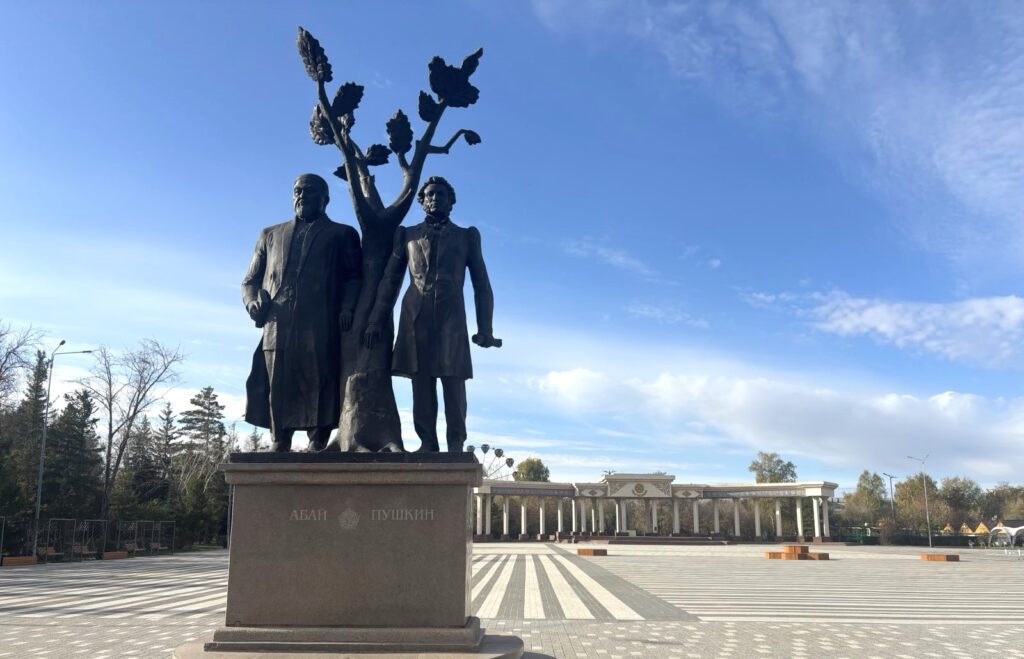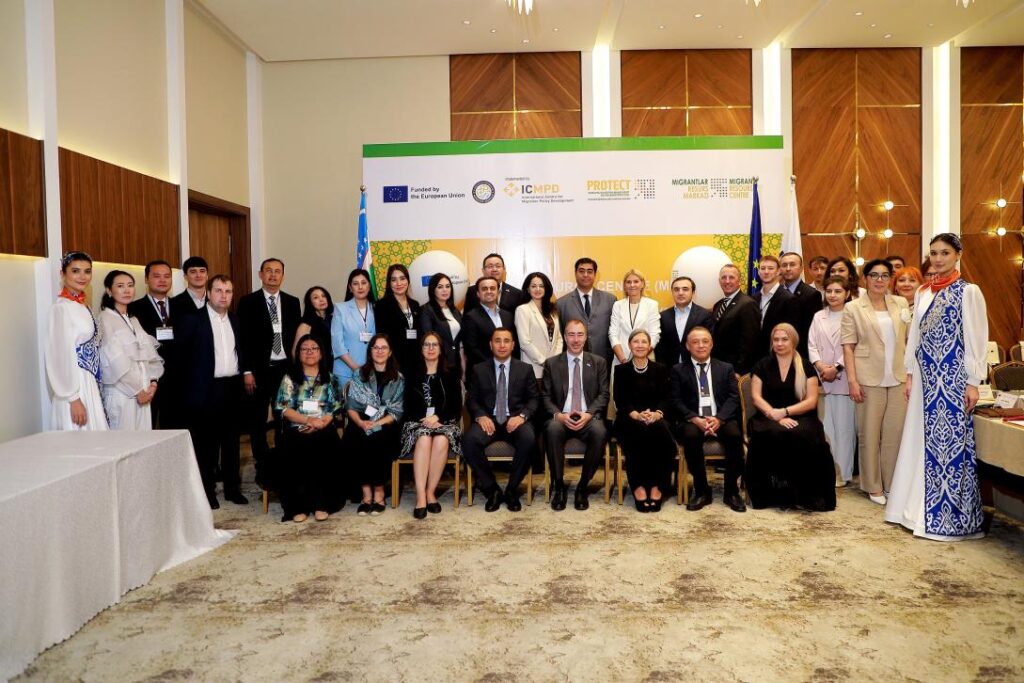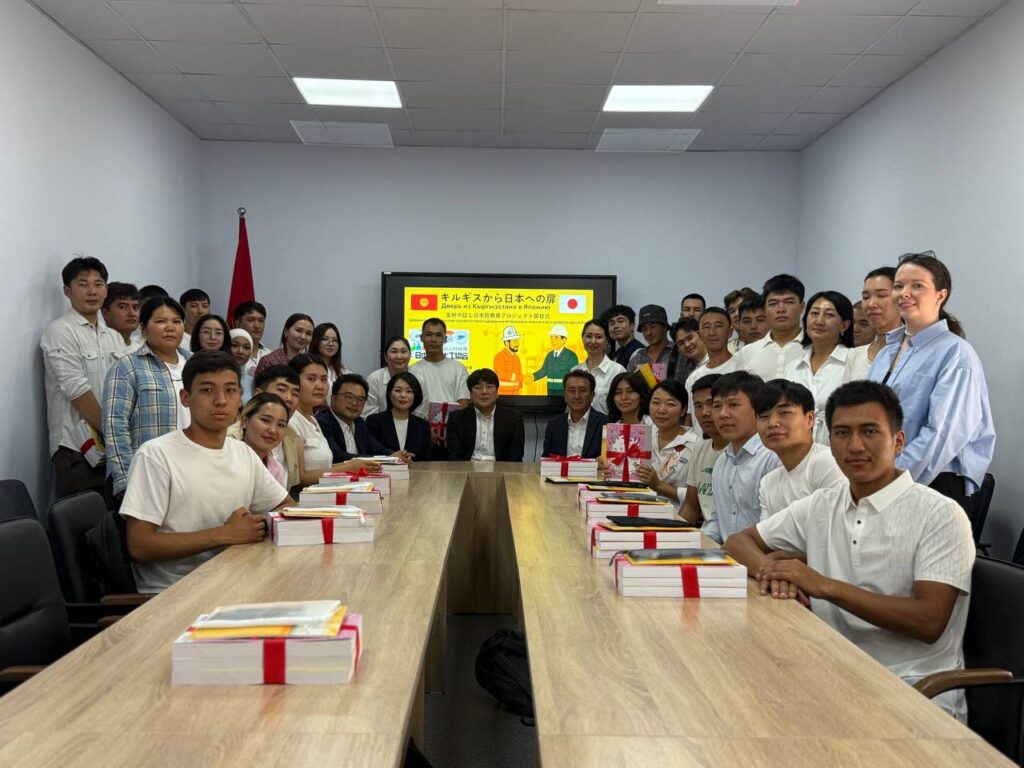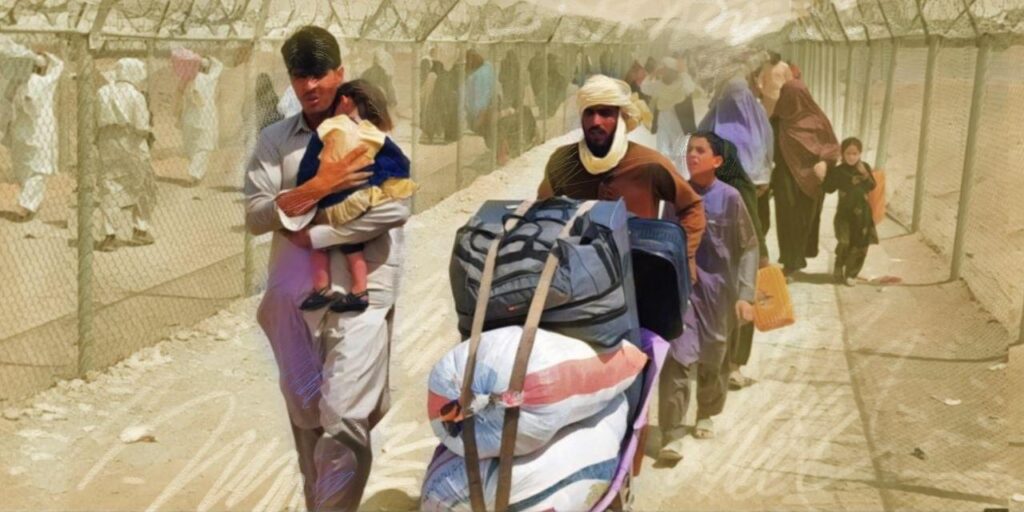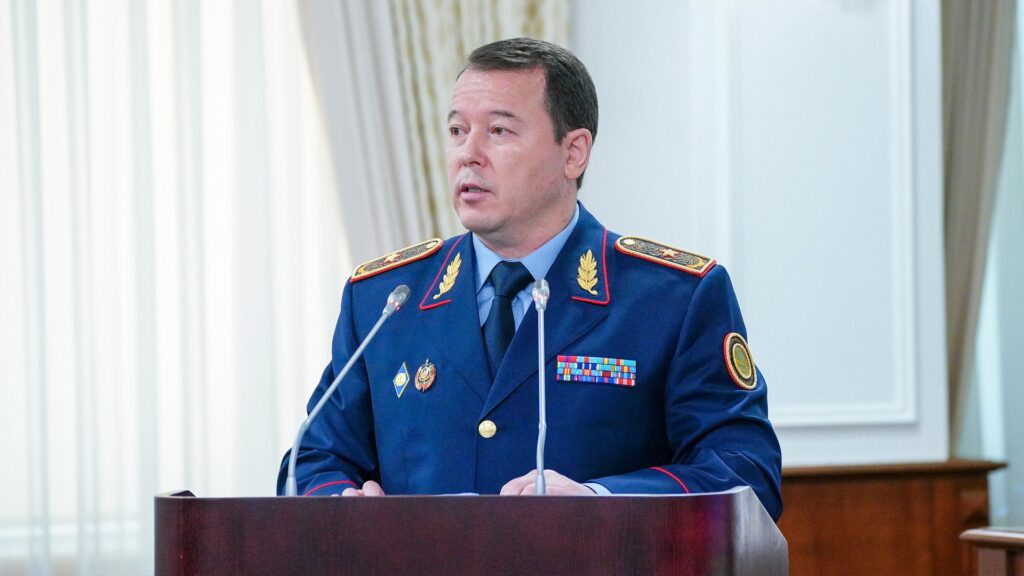Anti-migrant sentiment is intensifying in Russia following the murder of a high-ranking general, with calls from populist media outlets and bloggers urging the Kremlin to tighten its migration policies. Experts warn that this tension is likely to escalate. They argue that the Russian authorities are redirecting public frustration toward Central Asians as a means of improving domestic social stability. Anti-migrant rhetoric coming out of Russia is increasingly being wielded as a tool to exert leverage on Central Asian nations.
General Kirillov Murder: Uzbeks Question Russian Narrative of Kurbonov’s Arrest
The recent arrest of an Uzbek citizen accused of committing a terrorist act – allegedly recruited by Ukrainian security services – has added fuel to the fire. This incident follows a long-standing pattern of discrimination against Central Asian labor migrants in Russia.
In Uzbekistan, people are questioning the arrest in Moscow this week of 29-year-old courier Akhmadjon Kurbonov, who stands accused of murdering Russian general Igor Kirillov. The head of Russia’s radiation, chemical, and biological defense forces, Kirillov was heavily involved in Russia’s war with Ukraine.
The media in Russia has claimed that Kurbonov carried out the assassination – and that of Kirillov’s assistant Ilya Polikarpov – on behalf of the Ukrainian government in exchange for financial reward and residency in Europe.
This version of events has sparked widespread debate in Uzbekistan. On social media, people have raised questions about the credibility of the allegations. Analyst Shuxrat Rasul described the accusation as “hard to believe.” On Facebook, Uzbek citizens such as Anvar Sagdullayev have questioned the narrative, commenting, “How can a man accused of murder appear so calm, as if reciting a prepared script? Perhaps this was orchestrated by interests closer to home.”
Another Facebook user, Raimbergan Kuchkarov, speculated that internal conflicts are being stoked by using migrants as scapegoats. “The Russians themselves likely don’t know where their generals live. Why would a high-ranking officer be targeted by someone from Uzbekistan? This seems like a provocation,” Kuchkarov wrote.
The case has also raised concerns among Uzbek immigrants in Russia, who fear that collective blame for the alleged actions of one individual may exacerbate prejudice and discrimination against their community.
The Embassy of Uzbekistan in Russia has responded by stating that it is in contact with Russian law enforcement agencies and is working to verify details regarding the detained Uzbek citizen.
On December 19, Uzbek President Shavkat Mirziyoyev held a phone conversation with Vladimir Putin to discuss bilateral and regional cooperation. The leaders highlighted the importance of close collaboration between their countries’ special services to combat security threats. The Kremlin noted that the discussion was initiated by the Uzbek side. During the call, Mirziyoyev expressed condolences for the deaths of General Kirillov and Polikarpov, condemning the attack as a “heinous act of terrorism.”
Increasing Pressure
The situation for migrants in Russia has worsened significantly since the 2022 invasion of Ukraine. Migrants have faced frequent raids, detentions, and the threat of deportation. Legislative changes have further tightened entry and residency rules. The Times of Central Asia has previously reported on incidents such as a video which purportedly shows a Tajik schoolgirl being beaten in a classroom by Russian boys as their teacher looks on and does nothing, and a Kyrgyz woman in Moscow being kicked and hit in the face by a man shouting, “You’re all terrorists. You should not be in Russia. Get out of here!”
The climate of hostility has even extended to Russian citizens, with social media flooded with videos of individuals being harassed over their ethnicity or religious attire. In another video, a group of young Russian males in the Moscow metro scream at a girl from Yakutia, an area of northeastern Siberia that has been part of Russia since the 17th Century, that Russia is for Russians.
In October 2023, Chairman of the Investigative Committee of Russia, Alexander Bastrykin opined that migrants who have obtained Russian citizenship should be stripped of it if they refuse to fight in Ukraine, claiming that “people are saying: ‘While Russians are at the front, migrants are attacking our rear.’” Meanwhile, in mid-2024, Alexander Bortnikov, director of the Federal Security Service (FSS), made allegations about a potential terrorist threat linked to migrant workers, accusing the Ukrainian, British, and American intelligence services of exploiting this demographic. Currently, Russian media often portray Central Asians as uneducated radicals who take jobs from locals and resist cultural integration.
On December 19, 2024, RFE/RL quoted an Uzbek woman living in Moscow as saying, “There are police vans everywhere. Today, I was walking near a market and saw several police vans there, too. They detained everyone – Uzbeks, Kyrgyz, and Tajiks.”
Central Asia Receives Alarming Signals
Kazakhstani political analyst Zamir Karazhanov believes that stricter migration laws in Russia could prompt Central Asian governments to reassess their relationship. “Policy tightening is becoming a standard practice for the Russian authorities,” Karazhanov explained to The Times of Central Asia. “These measures often extend beyond labor migrants. For instance, after a terrorist attack involving a plane from Turkey, relations between Russia and Turkey soured, accompanied by harassment of Turkish businesses.”
Karazhanov predicts that recent incidents, such as the Crocus City Hall attack and the murder of General Kirillov, will lead to broader crackdowns. “This response is unlikely to target individual offenders, but rather the groups they represent. Uzbek citizens are likely to face increased scrutiny, as Tajik citizens did following the Crocus attack,” he stated.
The political analyst noted that while relations between Russia and Tajikistan remain stable despite such measures, the broader implications for Central Asian countries are concerning.
“Anti-migrant sentiment will eventually impact economic ties. Migrants face deportation, heightened inspections, and loss of labor opportunities. These developments discourage potential migrants, who are already earning less in Russia than before,” Karazhanov said.
He suggested that this trend could pressure Central Asian governments to focus on domestic job creation, which may have a silver lining.
“Decades of large-scale labor migration to Russia reflect an unhealthy economic dynamic. A reduction in migration might encourage local governments to attract investors and improve the business environment. For example, Uzbekistan is already working to create favorable conditions for foreign investors. Tajikistan and Kyrgyzstan may follow suit, fostering job creation and reducing dependency on labor migration,” Karazhanov concluded.
The Shift to a Political Issue
Igor Shestakov, a member of Kyrgyzstan’s Migration Council under the Jogorku Kenesh (parliament), noted that labor migration to Russia is increasingly being framed as a political issue.
“This shift began with the Crocus City Hall terrorist attack and has been reinforced by fears raised in the Russian State Duma,” Shestakov told Times of Central Asia. “Central Asian nationals are also linked to the Syrian conflict by some ‘experts’ in Russia, further fueling restrictive legislative measures. These restrictions will likely affect employment rules, even as Russia faces a labor shortage.”
Shestakov emphasized that Kyrgyzstan’s membership in the Eurasian Economic Union (EAEU) should, in theory, shield Kyrgyz migrants from such restrictions.
“The EAEU guarantees the free movement of labor, eliminating the need for exams, and visas for Kyrgyz citizens. However, the hardline rhetoric around migration and terrorism means our citizens must carefully adhere to legislative requirements,” Shestakov stressed.
Story by Sadokat Jalolova, Anton Chipegin, Vagit Ismailov, Jonathan Campion, and Stephen M. Bland

